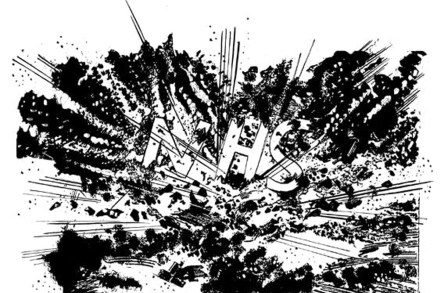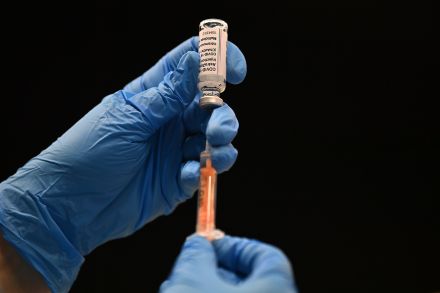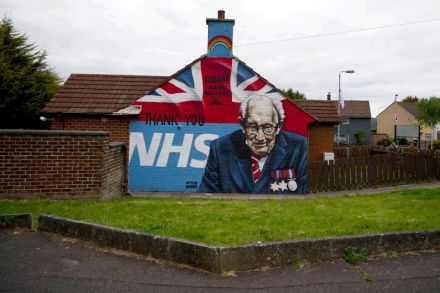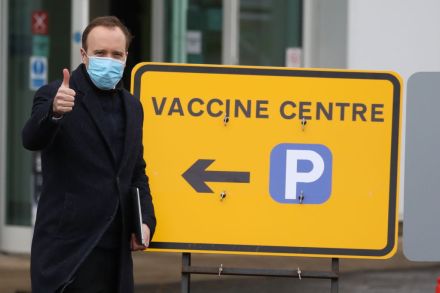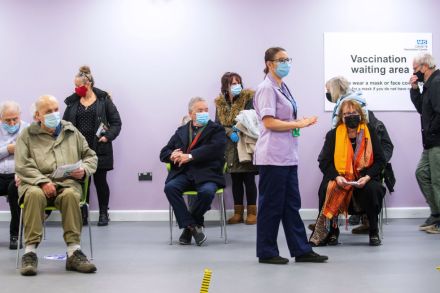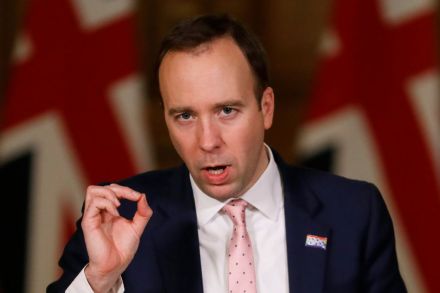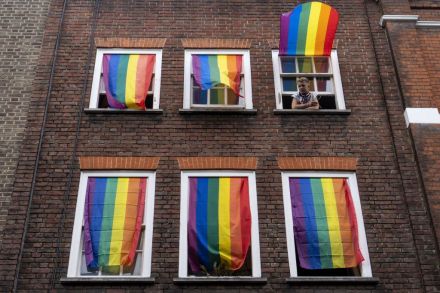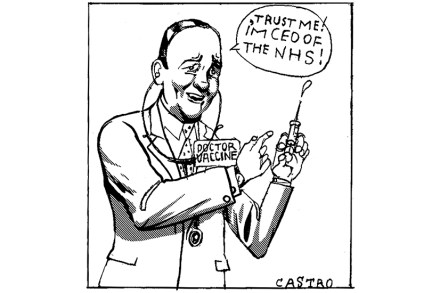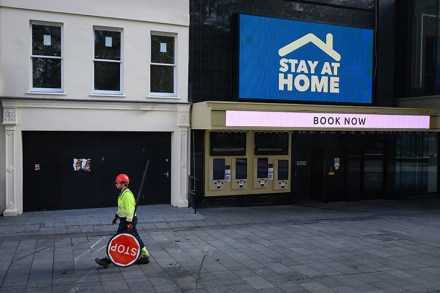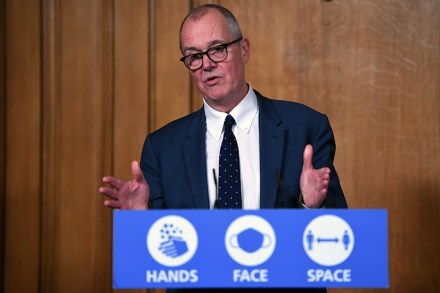The NHS is still in desperate need of reform
Along with many of my colleagues, I have been arguing for years that the current structure of the NHS cannot survive. Giving the health service endless money won’t make a significant difference, unless its core structures are changed. It is therefore very interesting to see that Matt Hancock, in the middle of the pandemic, has unveiled a package of major changes to healthcare, the essence of which is to reverse the Lansley reforms. One of the reforms the health secretary is taking aim at is the purchaser/provider split, which I have identified in the past as one of the ‘four crumbling pillars of the NHS’. The split involves regional panels
